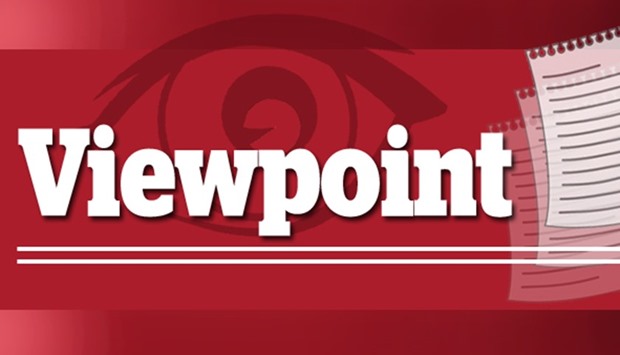The chief executive of Time Warner getting paid $34mn, 629 times as much as the median worker at the company in 2014; 16 billionaires coexisting with 358mn people living in extreme poverty in sub-Saharan Africa … are we living in a world that perpetuates growing inequality at an unprecedented level?
There are some hard-to-digest facts and figures, especially if brought into the debate in isolation.
As of 2014, nearly half of the world’s population – more than 3bn – lived on less than $2.50 a day, while more than 1.3bn endured extreme poverty (less than $1.25 a day). More than 2.1bn children are now living in poverty, with 22,000 of them dying each day for lack of food, according to the Unicef. On the other hand, an estimated one-third of global food production goes to waste – around 1.3bn tonnes every year – says the Food and Agriculture Organisation.
Runaway inequality created a world where 62 people own as much as the poorest half of the world’s population in 2016, according to international aid charity Oxfam. This number fell from 388 in 2010 and 80 in 2015. And the wealth of the richest 62 has increased by more than half a trillion dollars to $1.76tn and just nine of the ‘62’ are women, says Oxfam.
From 1979 to 2011, inflation-adjusted after-tax income for the top 1% of households in the US jumped 200%; and the top 1% of earners took home 95% of the gains in the first three years of the recovery from the 2008 recession. China’s income gap has grown wider than America’s even as hundreds of millions of people were lifted out of poverty.
With anti-establishment forces manifesting themselves in populist surges in such previously unthinkable outcomes as US election and Brexit, International Monetary Fund managing director Christine Lagarde has called for greater wealth distribution to respond to populist advances across the world at the Davos recent gathering. Income disparity and the resultant social unrest are the issues most likely to have a big impact on the world economy in the next decade, according to an earlier WEF assessment.
Middle East policymakers need to look no farther than the Arab Spring countries to know what that would mean for the region. When people are starving, societies tend to unravel, no matter whether they are ruled by an elected government, or an autocrat.
Post-Arab Spring, Gulf countries, which already provide generous welfare assistance to the citizens, have lunched massive spending programmes to ensure development reaches the poorer sections of the society.
Sure, a mathematically perfect equality in any society by any measure is too utopian a dream to turn into reality. But reducing inequality is not just the prerogative of institutions like the World Bank, or economists, or the policymakers to brood over. It is also a shared commitment and goal for every responsible member of the society.
Global inequality, for sure, isn’t a zero-sum game, but more unequal societies suffer from higher unemployment, social instability and reduced investment.

